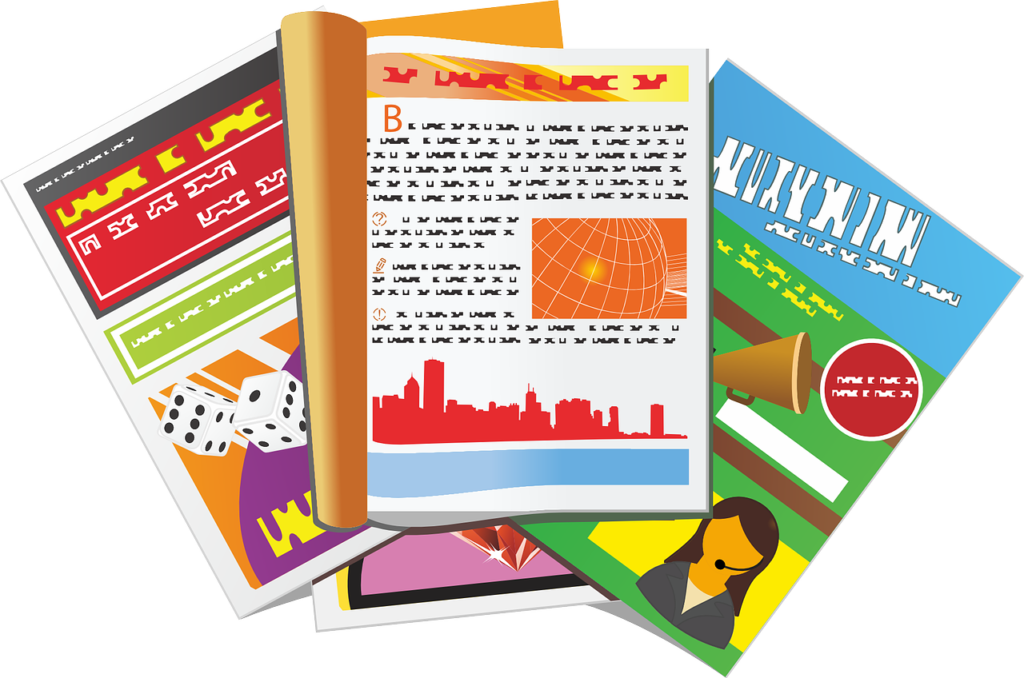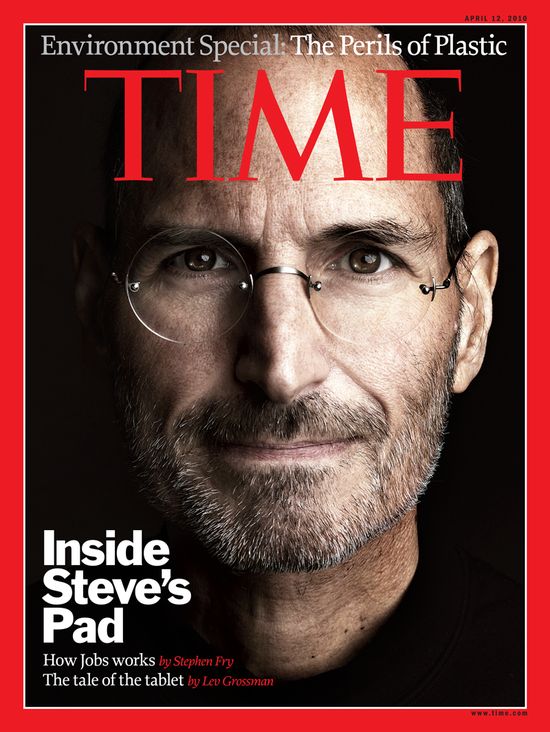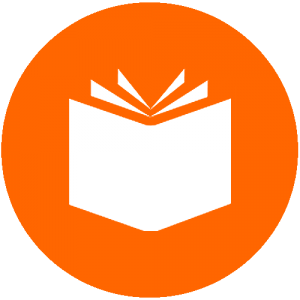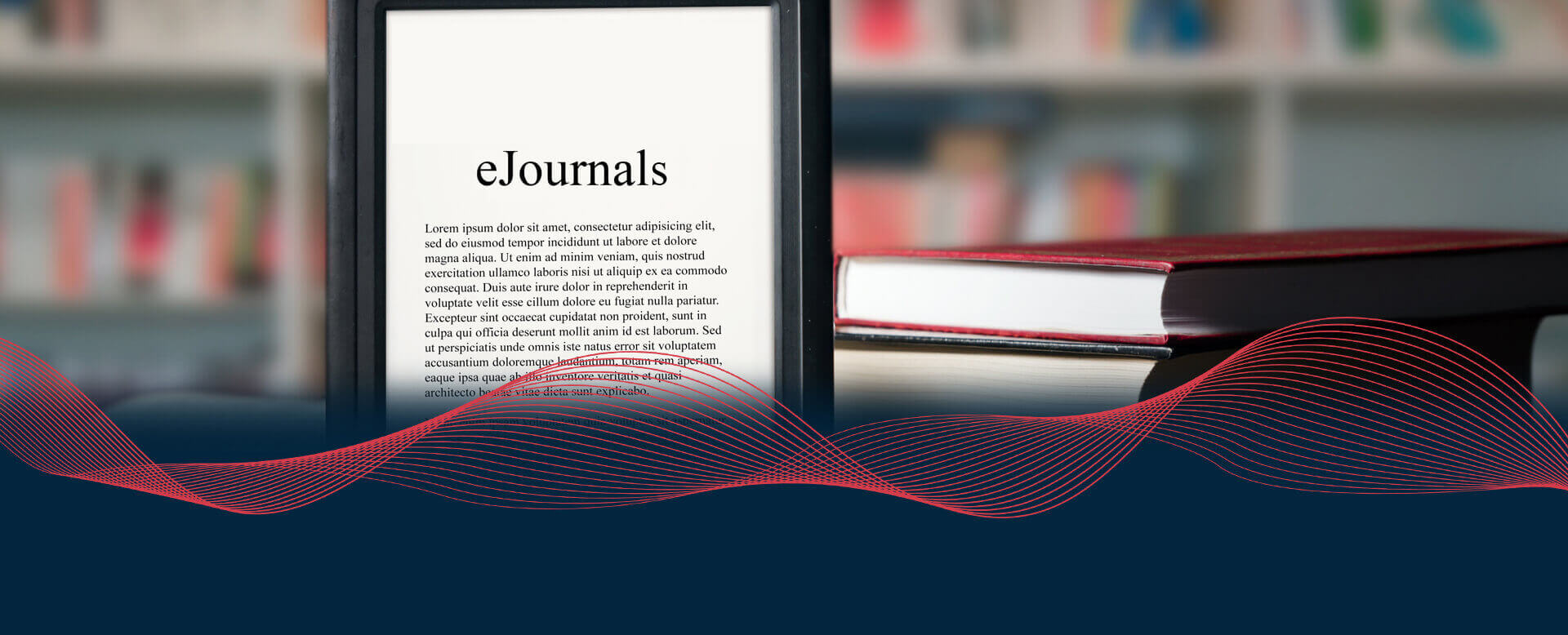Journals in the Digital Age: Exploring the World of Electronic Publications
In the ever-evolving landscape of personal documentation and self-expression, the transformation of journals from traditional paper to the digital realm represents a significant cultural shift. This metamorphosis has not only changed the fundamental ways we record and reflect on our thoughts, feelings, and daily experiences but also has a profound impact on our approach to creativity, privacy, and the way we perceive and interact with our own narratives. As we delve deeper into this digital era, the concept of journaling has expanded, breaking free from the confines of pen and paper, embracing pixels and screens, and offering an unprecedented level of convenience and accessibility.


The Evolution of Journaling: From Paper to Pixels
Tracing the evolution of journaling from its paper-based origins to its current digital incarnation reveals a fascinating journey. Historically, journals and diaries served as intimate spaces where one could pen down personal thoughts, emotions, and experiences using the traditional pen and paper. As a result, journals are one of the main resources for the students, and they use them together with essayservice.com to do my assignment or other tasks. The tactile experience of writing, the rustle of paper, and the physical act of filling notebooks page by page have been integral to the journaling experience for centuries. However, as technology has advanced, so has the medium of journaling. The digital age has ushered in electronic journals, offering a new dimension of immediacy and accessibility. People can now record their thoughts, track their progress, and reflect on their feelings anytime, anywhere, with the mere click of a button. This transition from paper to pixels has democratized journaling, making it more inclusive and reachable to a broader spectrum of society.
Roda da Fortuna, also known as RevistaFortuna, has positioned itself at the forefront of medieval studies by embracing the digital shift in journaling. This electronic journal, dedicated to the exploration of the Middle Ages, actively integrates interdisciplinary studies, reflecting the dynamic nature of historical research in the modern era. The transition to a digital format, emblematic of the broader shift from paper to pixels, not only enhances the accessibility of scholarly work but also enables more interactive and collaborative forms of academic engagement. In each issue, Roda da Fortuna showcases a diverse array of articles and papers, often highlighting the multifaceted influence of Fors Fortuna, a concept deeply rooted in medieval thought and culture. By doing so, RevistaFortuna not only preserves but revitalizes the rich tapestry of medieval history, making it more relevant and approachable in the digital age. The journal’s commitment to disseminating knowledge in a digital format underscores the evolution of journaling and scholarly communication, ensuring that the legacy of Fors Fortuna and the insights of the Middle Ages continue to inspire and educate in our ever-changing world.

Dotted Pages and Digital Tools: A New Era in Personal Journaling
The fusion of digital tools with the traditional concept of journaling has given rise to new and innovative formats, notably the use of dotted pages in digital notebooks. These dotted pages, a recent trend in personal journaling, provide a unique blend of structure and flexibility, offering a customizable canvas for users. This format is particularly conducive to creativity and organization, allowing for a variety of layouts that can be tailored to individual preferences. Coupled with digital tools, these dotted notebooks have revolutionized the way we approach personal documentation. Users can seamlessly integrate traditional writing practices with the efficiency and functionality of digital platforms, creating a personalized space that caters to their specific journaling needs and styles. WritePaper extends its services to cover contemporary topics such as a “Sustainable Fashion Podcast Episode.” This service is ideal for creators and researchers looking to produce episodes that delve into sustainable fashion practices, challenges, and innovations. WritePaper ensures that each paper offers valuable content that can inform, engage, and inspire listeners interested in the intersection of fashion, sustainability, and ethical consumption.

Bullet Journaling Goes Digital: Merging Creativity with Technology
The concept of bullet journaling, a structured yet flexible method of organizing notes, tasks, and events, has seen a significant shift with the advent of digital platforms. Initially a paper-based system, bullet journaling together with reflective essay writing services in the digital realm has taken on a new dimension, blending the tried-and-true method with the capabilities of modern technology. Digital bullet journals retain the core essence of the original system – clarity, simplicity, and efficiency – while enhancing it with digital functionalities like hyperlinks, reminders, and cloud storage. This convergence of creativity and technology in digital bullet journaling offers users a more focused and organized way to track their daily tasks, set goals, and jot down ideas, all within a customizable and interactive digital space.

The Benefits of Electronic Journals: Accessibility and Customization
Electronic journals have revolutionized the way we document our lives, offering significant advantages in terms of accessibility and customization. Unlike traditional paper journals, which are limited by their physical format, electronic journals provide a limitless canvas for personal expression. Users can effortlessly edit, rearrange, and personalize their entries, adapting the layout and content to fit their evolving needs. This level of customization extends to the searchability of entries, tagging of specific notes, and the ability to sync content across various devices. Furthermore, electronic journals break down geographical and physical barriers, making it possible for users from all walks of life to maintain a journal, regardless of their location or circumstances. This democratization of journaling has made it a more inclusive and accessible practice, appealing to a diverse range of individuals with varying needs and preferences.

As journaling transitions into the digital space, concerns around privacy and security have become increasingly significant. Digital journals, in response to these concerns, often incorporate advanced security measures such as password protection and encryption, ensuring that personal entries remain confidential and secure. This aspect of digital journaling is particularly important in an age where data privacy is a paramount concern. Users can rest assured that their most intimate thoughts, feelings, and experiences are safeguarded against unauthorized access, providing a sense of security that is sometimes lacking in traditional paper journals. This level of privacy and security is essential for maintaining the trust of users and for ensuring that digital journals continue to be a safe and private space for personal expression and reflection.

The integration of multimedia elements is one of the most notable advantages of electronic journals. This feature allows users to enrich their journal entries with various forms of media, such as photographs, videos, audio recordings, and hyperlinks. Such integration transforms the journaling experience from a purely textual activity into a more dynamic and multisensory process. Users can capture and incorporate different aspects of their lives, making their journals not just a record of their thoughts but a comprehensive repository of their experiences. This multimedia approach to journaling adds depth and richness to personal narratives, allowing users to relive memories more vividly and express themselves in ways that were not possible with traditional paper journals.

The future of journaling in digital formats is poised for exciting developments. As technology continues to advance, we can anticipate a range of innovative features that will further transform the journaling experience. Future digital journals may incorporate augmented reality, allowing users to engage with their entries in a more immersive way, or employ AI-assisted writing to help articulate thoughts and ideas more effectively. Voice recognition could enable hands-free journaling, making it more accessible to a wider range of users, including those with physical disabilities. These technological advancements are expected to make journaling more intuitive, interactive, and personalized, catering to the diverse and evolving needs of users worldwide.
User Experiences: How Digital Journals Have Transformed Personal Narratives
The impact of digital journals on personal narratives is profound and far-reaching. Users from diverse backgrounds and cultures have embraced electronic journals for their ease of use, versatility, and the profound ways they allow for self-reflection and documentation. Digital journals have become an integral part of many people’s daily routines, serving as a platform for tracking goals, recording inspirations, and chronicling life’s journeys. They provide a unique space where memories, ideas, and aspirations can be captured and revisited, offering insights into personal growth and life experiences. The transformation of personal narratives through digital journals is a testament to the power of technology in enhancing and enriching our lives.